Free Social Studies Lessons
Focus your students’ attention with engaging and timely topics. Download the student activity and teacher’s guide to stay one step ahead of your lesson plan.
Can’t find what you’re looking for? Check back to see what we’ve added!
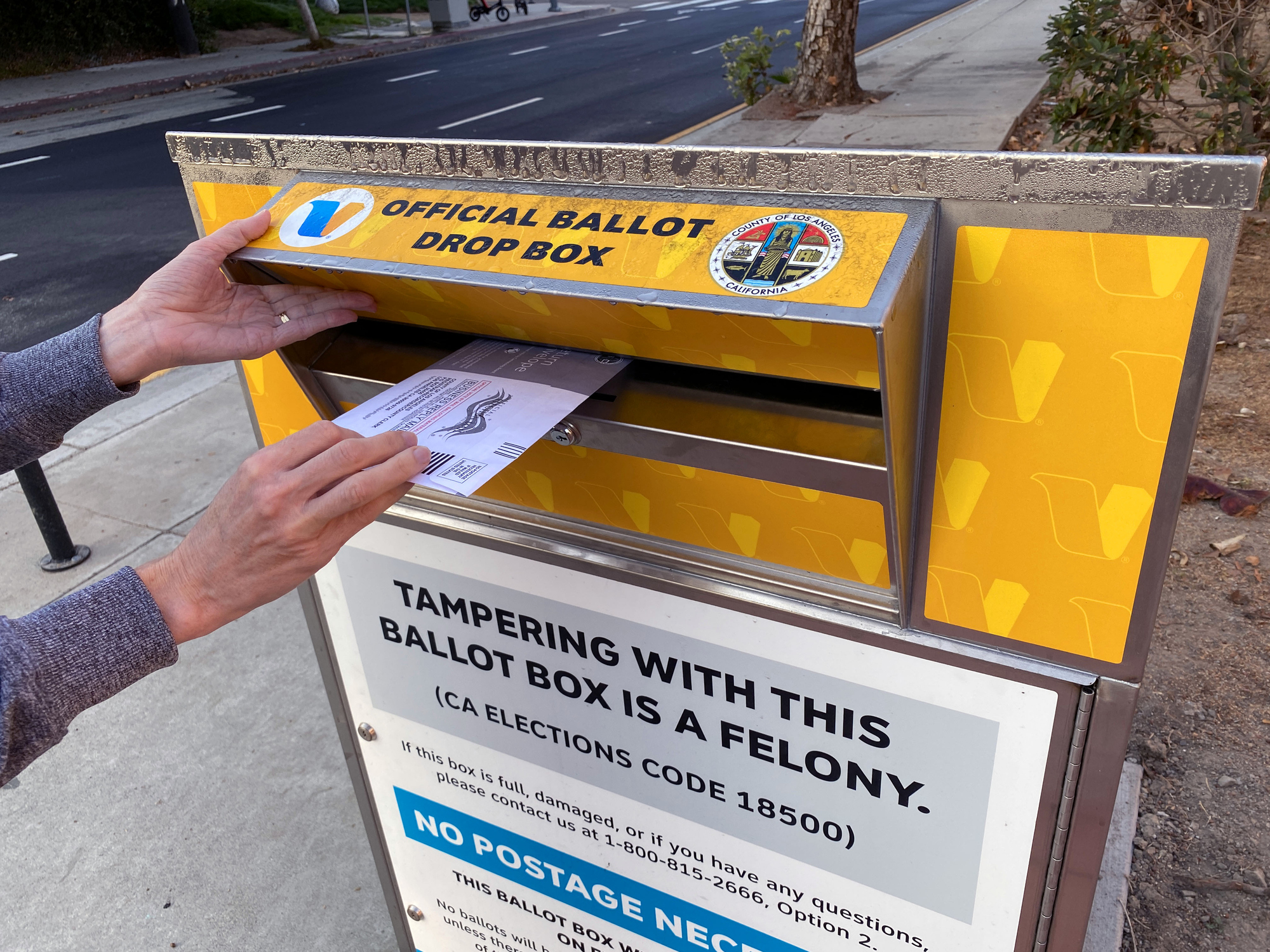
Can We Find the Balance Between Voting Access and Secure Elections?
Utilizing close reading, project-based learning, and argumentative writing, students will
- describe how the United States has made voting more inclusive over time.
- understand the dual goals of expanding voter access and ensuring elections are safe and secure.
- evaluate whether various state laws have increased election security or restricted voter access.
- analyze the Freedom to Vote: John R. Lewis Act and formulate an opinion either in support or opposition.
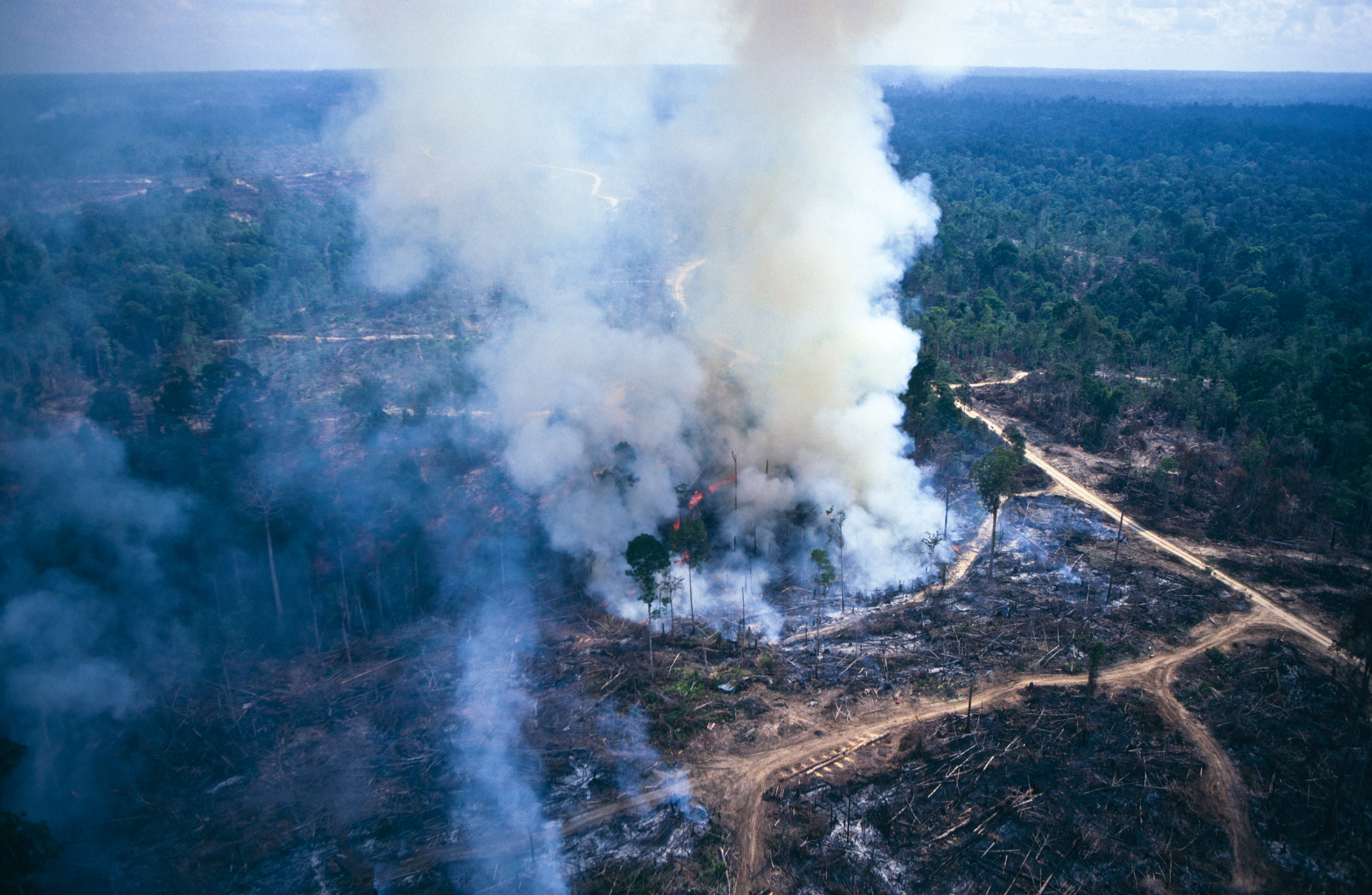
Infrastructure Legislation
In this lesson, you will learn about two different types of infrastructure— “hard” and “human.”
- identify the differences between “hard” and “human” infrastructure
- analyze how provisions in President Biden’s infrastructure bills align with the political ideology of conservatives and liberals
- develop logical pro or con arguments for selected provisions in each bill
- declare support or voice opposition for selected provisions in each bill

China and the United States
Utilizing close reading, a provisions chart, and argumentative writing, students will:
- identify the differences between “hard” and “human” infrastructure
- analyze how provisions in President Biden’s infrastructure bills align with the political ideology of conservatives and liberals
- develop logical pro or con arguments for selected provisions in each bill
- declare support or voice opposition for selected provisions in each bill
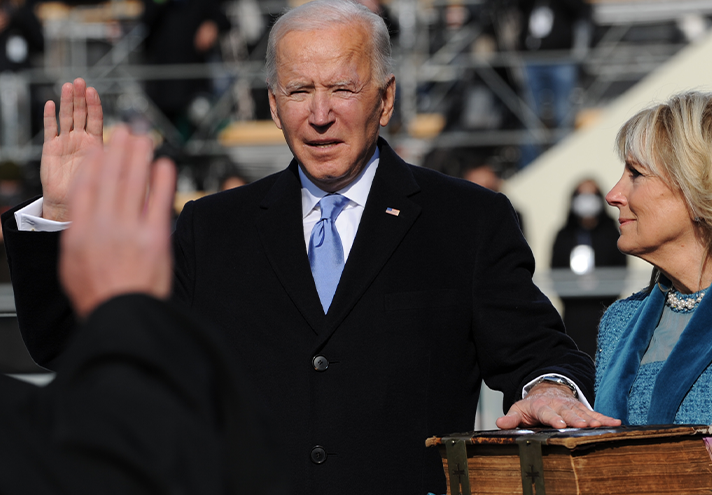
What Will President Biden Do?
The latest edition of our Current Events series examines the newly-elected president’s first 100 days in office.
- learn about a president’s first 100 days in office and compare President Joe Biden to President Franklin Roosevelt
- examine four of the main issues President Biden plans to address in his first 100 days in office
- analyze one issue facing President Biden at the beginning of his term
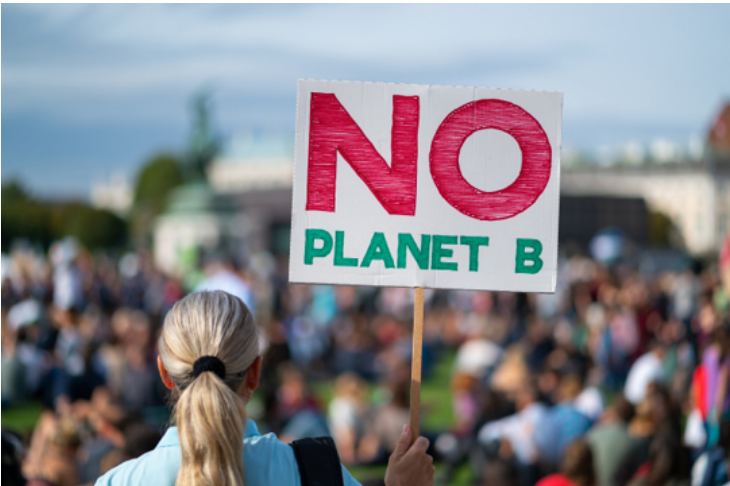
What Are People Doing to Protect the Planet?
In the latest installment of our Current Events series, students examine the history of environmental activism. Utilizing primary sources and video analysis, students will be able to:
- explore the history of environmental activism and learn about prominent organizations fighting climate change
- analyze primary sources drawn from the modern environmental movement
- formulate questions for people or organizations involved in facing environmental issues
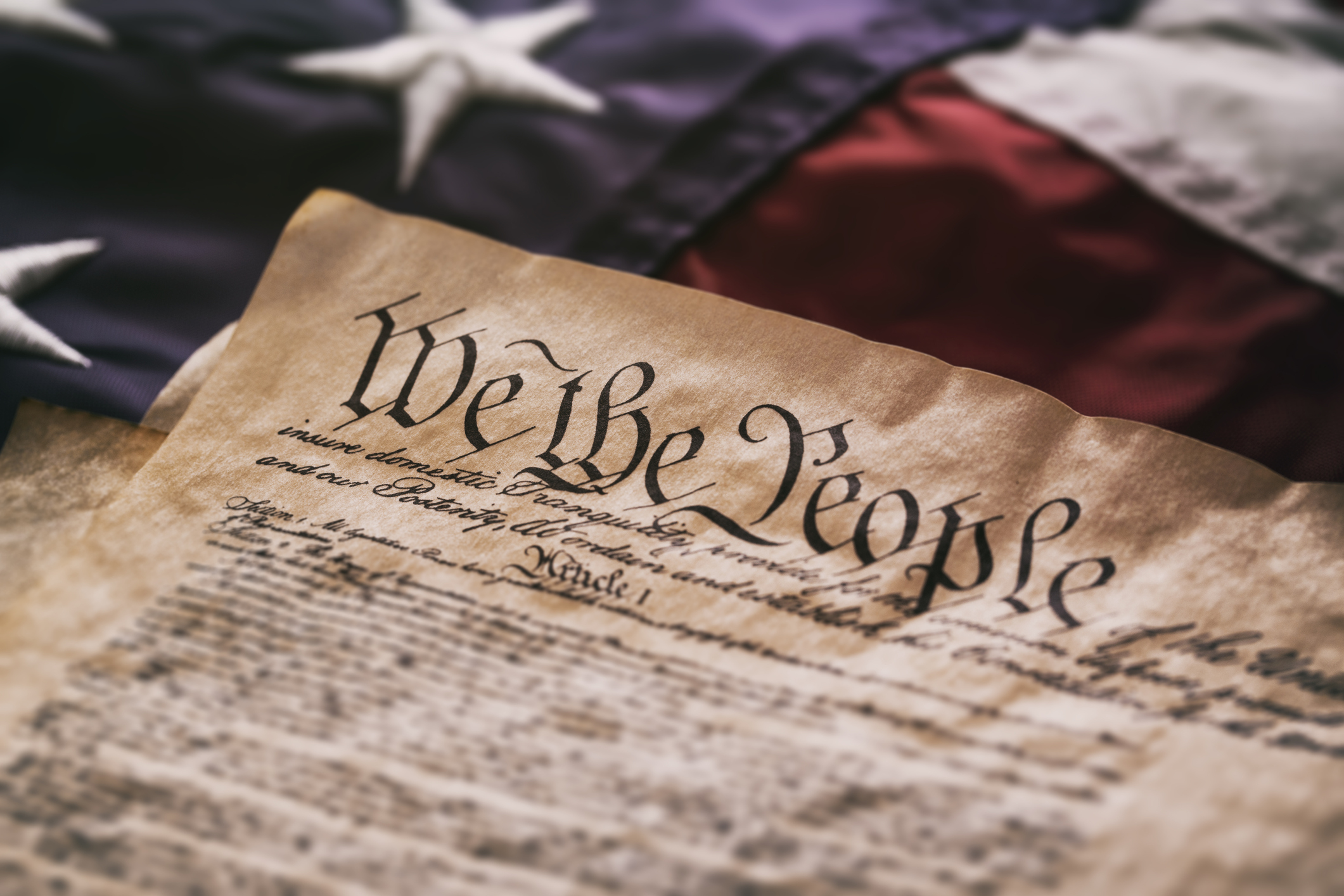
What is at stake
In the latest edition of our Current Events series, students will review the processes by which federal judges are appointed, with a focus on the U.S. Supreme Court.
Utilizing close reading, video analysis, and writing activities, students will:
- describe the political processes for adding federal judges, including those on the U.S. Supreme Court.
- examine some of the key issues in the 2020 election and how they might be impacted by judicial appointments.
- formulate a proposal to improve or defend the current system of appointing federal judges.
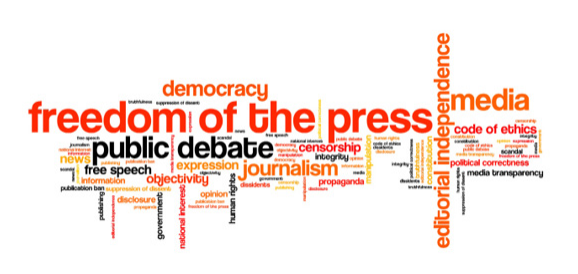
How free should it be
In this lesson, you will learn about the constitutional foundations of a free press, how the press serves as a watchdog against government abuse, and how this creates tension between the government and the people (and sometimes between different groups of people).
You will gain a deep understanding of the pros and cons of a free press:
- understand the constitutional foundations behind the freedom of the press
- analyze how freedom of the press can create tension between the government and the people and between the people themselves
- explore the pros and cons concerning whether a free press is good for a democracy
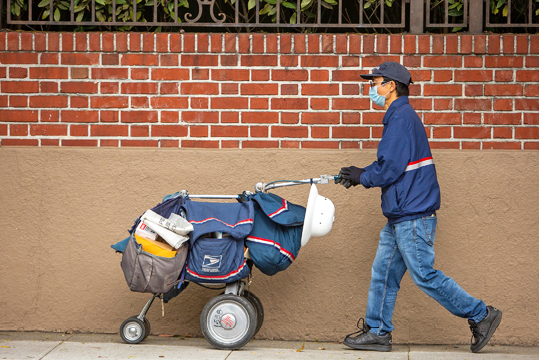
What role does it play in the United States
In this lesson, you will explore the pivotal role the United States Postal Service has in the 2020 general election. You will examine the history of the postal service and the role it played in building the nation. You will also examine important events in the postal service’s history and the impacts of these events.
You will participate in a decision-making activity to recommend if and how mail-in voting should be used in your state during the 2020 general election:
- explore the role of the United States Postal Service in American history
- examine events in the history of the postal service that affected its service to the public
- recommend the best course of action for your state to take during the 2020 election regarding mail-in voting

What role does federalism play
In this lesson, you will understand the extent of the government’s responsibility during a crisis as described in the Preamble to the Constitution. You will also explore how federalism divided responsibilities between the federal and state governments during the COVID-19 pandemic.
You will then examine key situations that took place during the pandemic and make decisions on how best to address them:
- understand the responsibilities of government as described in the Preamble to the Constitution
- explore how federalism divided responsibilities between the federal and state governments during the pandemic
- analyze and evaluate decisions made during the pandemic

What is its impact on the U.S. economy
In this lesson, you will examine the impact of the COVID-19 pandemic on the United States economy. You will learn about steps taken by states to mitigate the spread of the virus. You will look at the impact of these steps on the overall economy:
- understand how the COVID-19 pandemic affected the US economy
- examine the steps states took to mitigate the spread of the virus
- explore the economic consequences of the pandemic on individuals and the nation’s economy
- formulate projects that could have a positive impact on those affected by the pandemic
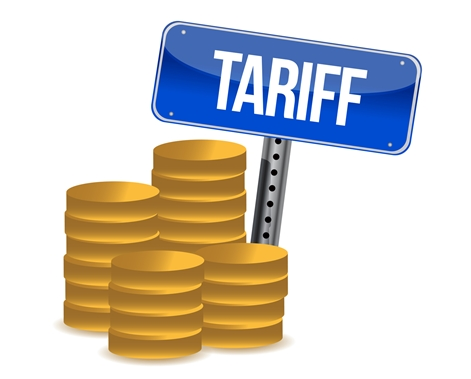
Good or bad for the economy
In this lesson, you will learn about tariffs: their history, how they work, and their costs and benefits. You will gain a deep understanding of the pros and cons of tariffs.
You will then evaluate whether tariffs are good or bad economic policy:
- understand what a tariff is and describe some examples of tariffs in U.S. history
- explore how tariffs affect foreign countries, domestic businesses, and consumers
- evaluate the pro and con arguments concerning tariffs and decide whether they are good or bad economic policy

Friend or foe
In this activity, you will explore the question of whether Russia is a friend or a foe.
You will examine the countries’ shared history, an overview of current relations between them, and some key events:
- analyze the current state of relations between the United States and Russia
- explore the history of relations between the United States and Russia (including when it was part of the Soviet Union) and determine whether a specific event improved or deteriorated overall U.S.-Russia relations
- analyze three flashpoints facing Russia and the United States now and in the future
- evaluate the merits of recommended action designed to address the flashpoints
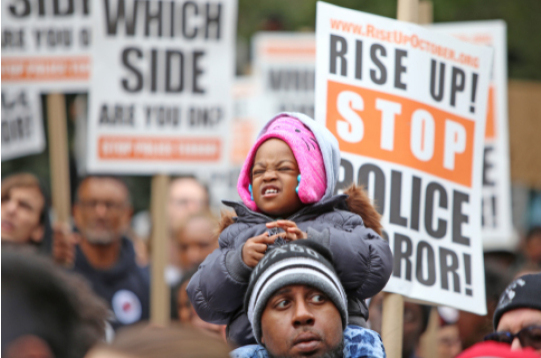
Has the time come for change
In this lesson, you will review the history of policing in African American communities, with a focus on incidents of police violence. You will examine recent high-profile police killings. You will then participate in a decision-making activity to recommend reforms to improve the situation:
- understand the history of violent behavior on the part of police against African American communities
- analyze recent high-profile police killings
- discuss various ideas to address the problem of police violence against African Americans
- consider whether the case studies that follow are part of a larger pattern or should be interpreted as isolated events
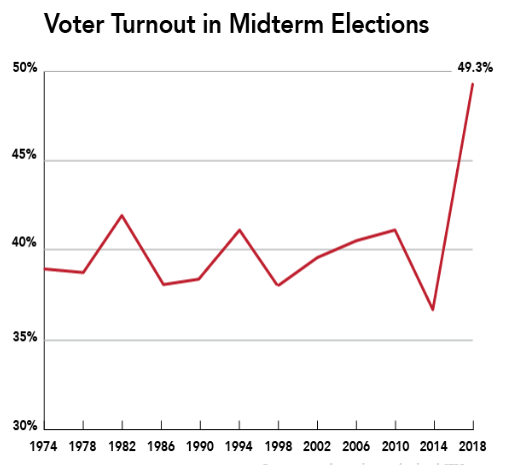
Issues facing the 116th congress
In this activity, you will examine unique aspects of the 116th Congress, convening on January 3, 2019. You will explore many of the issues Congress will be addressing during this session.
You will then analyze some of these issues and make recommendations on legislation to address the issues:
- Analyze the current political climate and issues facing the nation and the 116th Congress
- Explore the challenges facing Congress, particularly the Democratic majority in the House of Representatives, in balancing its power of oversight with its obligation to meet the needs of its constituents
- Evaluate the merits of issues and decide whether and how Congress should take action
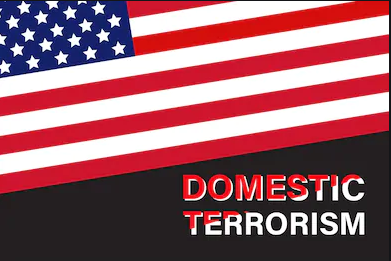
America's struggle in maintaining security
In this activity, you will review several historical acts of domestic terrorism and explore the delicate balance between homeland security and civil liberties. You will then examine several scenarios of possible domestic terrorism, make recommendations for a course of action, and identify the possible ramifications to the suspects’ civil liberties.
- Study the history of domestic terrorism in the United States
- Recognize the definition of domestic terrorism and determine whether certain events in American history fit that classification
- Research acts of U.S. domestic terrorism and analyze their impact on security and civil liberties
- Examine scenarios of possible domestic terrorism, analyze the level of potential danger, and recommend a course of action and its possible ramifications on civil liberties
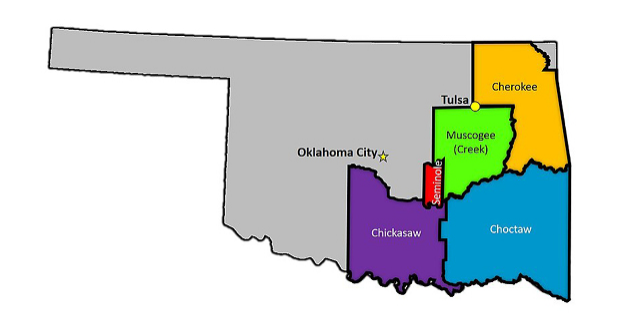
Who has jurisdiction
In this insightful lesson, you will learn about the historical relationship between the federal government and sovereign American Indian nations. You will also explore the relationships and the responsibilities among national, state, and tribal governments.
You will then examine a case study of a recent controversial U.S. Supreme Court case involving legal jurisdiction over Native American land in Oklahoma:
- learn about the historical relationship between American Indian nations and the federal government
- explain the relationship between Native American tribal governments and national and state governments
- conduct a case study analysis on jurisdictional authority over Native American reservation land
- collaboratively review a U.S. Supreme Court case and come to a consensus about what the decision should be

Overreach or constitutional responsibility
In this free lesson, you will examine congressional oversight and the task of conducting congressional investigations.
- understand the constitutional basis for congressional oversight and the various investigations that Congress conducts
- analyze the importance of Congress’s power to investigate the executive branch and launch an impeachment investigation if necessary
- evaluate the requirements and the process for impeaching a president
- examine scenarios of past presidents’ actions and recommend a course of action concerning possible impeachment
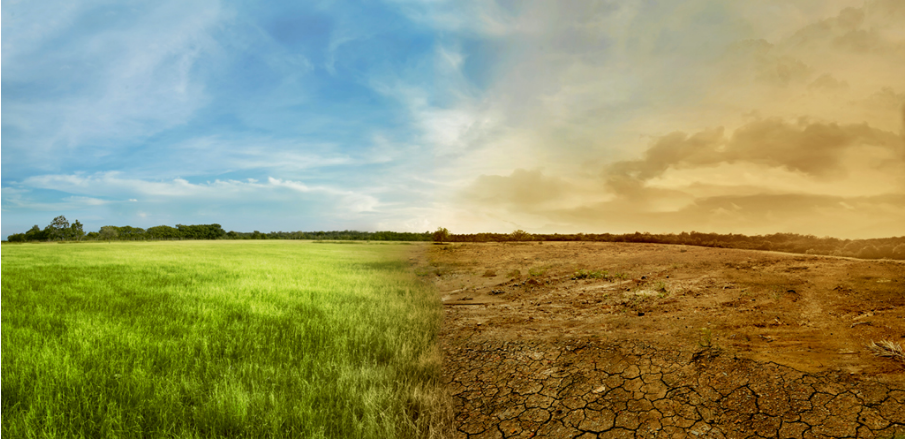
How can you make a difference
In this free lesson, you will gain an understanding of climate change, what causes it, how long it has been a problem, and what individuals can do to address it.
You will review some of the problems and solutions surrounding climate change and propose projects to help combat it:
- learn about the history of climate change and what young people are doing to address it
- analyze the roles that human activity and natural causes play in causing climate change
- develop a plan to address climate change

What is it and how can we improve the process
In this free lesson, you will learn about the history of seeking asylum in the United States and how this has become a major issue in this country.
You will examine the major steps in seeking asylum and formulate ways to improve the process:
- learn about the history of seeking asylum in the United States
- recognize the complexities and problems involved in the process for seeking asylum
- formulate ways to improve the process

How it has changed over time
Students will gain an understanding of American cuisine from colonial times to the present, including the ethnic and cultural influences that make up the American diet.
Utilizing close reading, research, and project-based learning, students will:
- learn about the history of American cuisine from early colonial times to the present
- analyze various historical and cultural recipes for their ingredients and ease of preparation
- develop a multicultural, historical menu that reflects American cuisine and students’ tastes
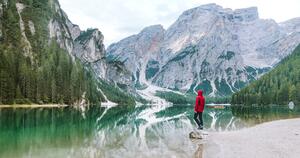
An answer to environmental changes
In this exciting lesson, students will gain an understanding of environmental challenges and explore the topic of international ecotourism.
Utilizing close-reading and decision-making activities, students will be able to:
- understand the fundamental relationship between humans and the environment
- examine the pros and cons of ecotourism
- formulate recommendations to develop an ecopark

The consequences of living in an interconnected world
Download this free lesson to help your secondary students understand the concept of globalization, its history, and the pros and cons relating to economics, politics, culture, and the environment.
This Current Events lesson, “Globalization: The Consequences of Living in an Interconnected World,” includes:
- three unique, engaging activities
- a summary article
- suggestions for deeper exploration

Why is it important
In this lesson, students will gain an understanding of the history of the United States census and its importance.
Utilizing close reading, data analysis, and decision-making activities, students will:
- understand the history of the census and its purposes
- describe how private businesses use the census in marketing their products
- analyze census data to compare and contrast important characteristics of different places
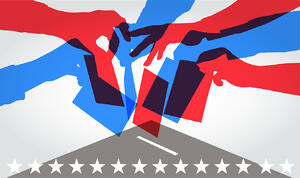
How old is old enough
In this free lesson, students will analyze efforts to lower the voting age to 16 years old.
Utilizing primary sources and video analysis, students will be able to:
- understand the recent efforts to lower the voting age
- explore the evolution of expanded voting rights in the United States
- evaluate the pros and cons of lowering the voting age
Need Help?
Explore the activities. Experience the possibilities.
